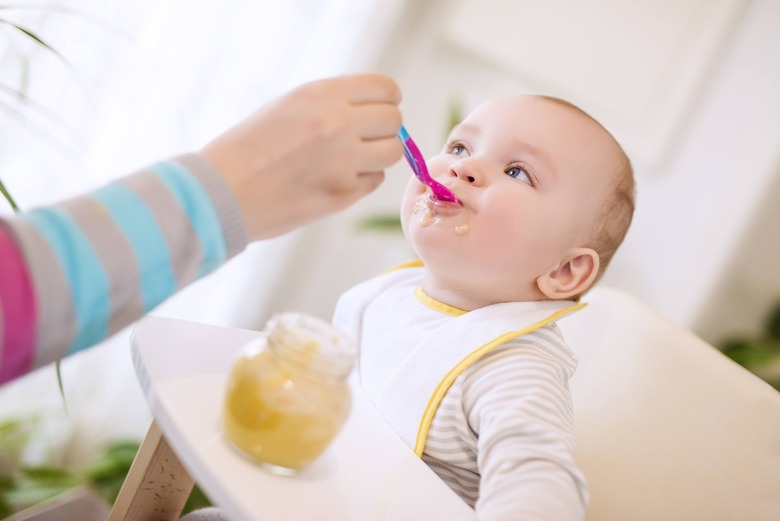Quality Of Baby Food Suffers In Poor And Middle-Income Countries
A healthy diet is a critical part of the physical and mental development of babies and children. However, according to a new study, the quality of baby food in some countries is completely unpredictable, which may be negatively affecting young children around the world.
"Some of these products are fine, but some are just awful," William A. Masters, the study's lead author, told The New York Times. "There's no way for consumers to tell the difference."
Of the 108 brands of infant porridge from 22 countries tested in the study, less than a quarter met international standards for fat, protein, iron, and zinc.
The results from the study correspond with the World Health Organization's claim that less than a fourth of infants ages six to 23 months meet the criteria for dietary diversity and feeding frequency for their ages.
A solution for the inconsistency of baby food quality in poor and middle-income countries would involve an international agency testing baby food and certifying them as nutritious, the study's authors said.
